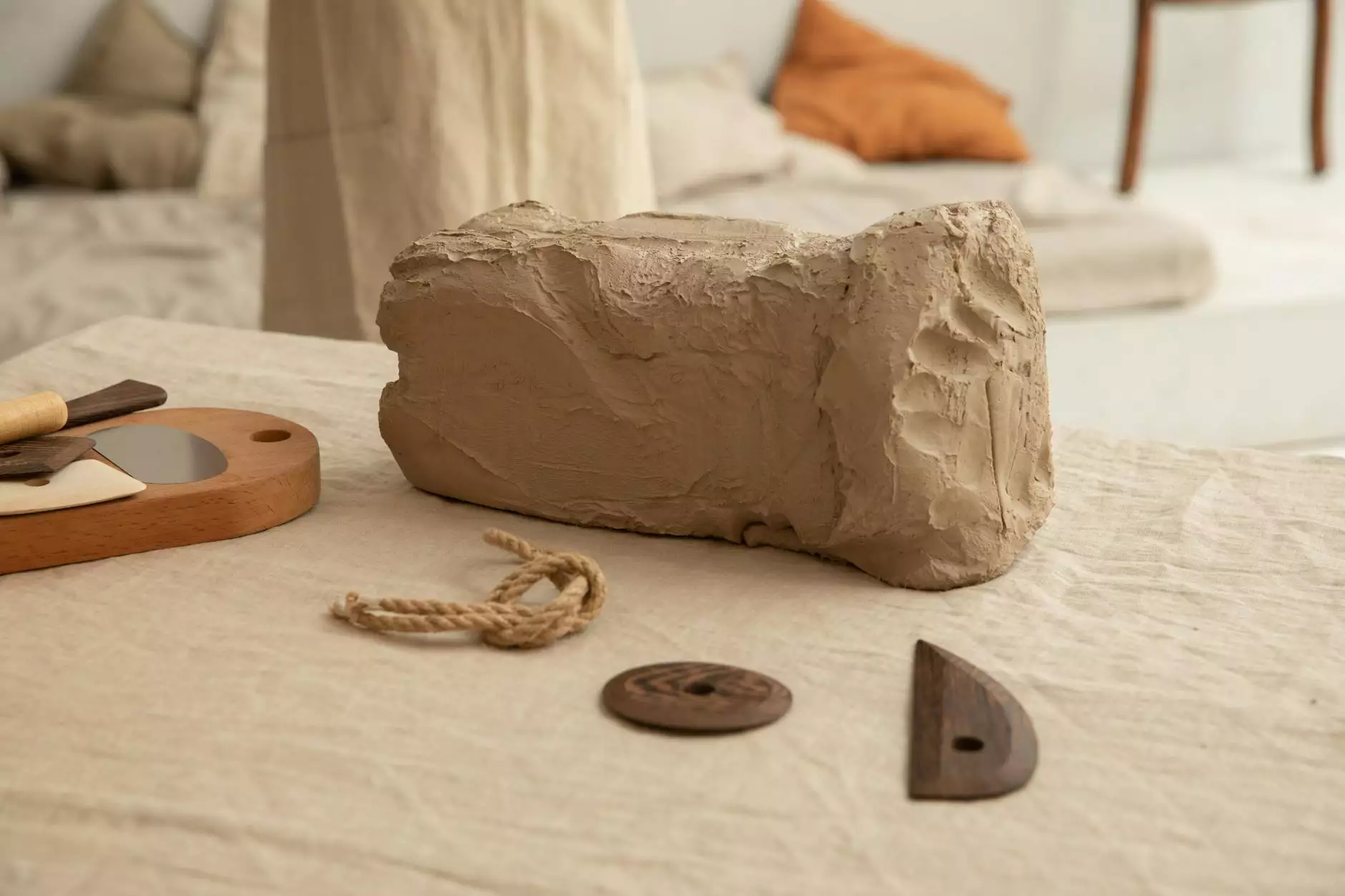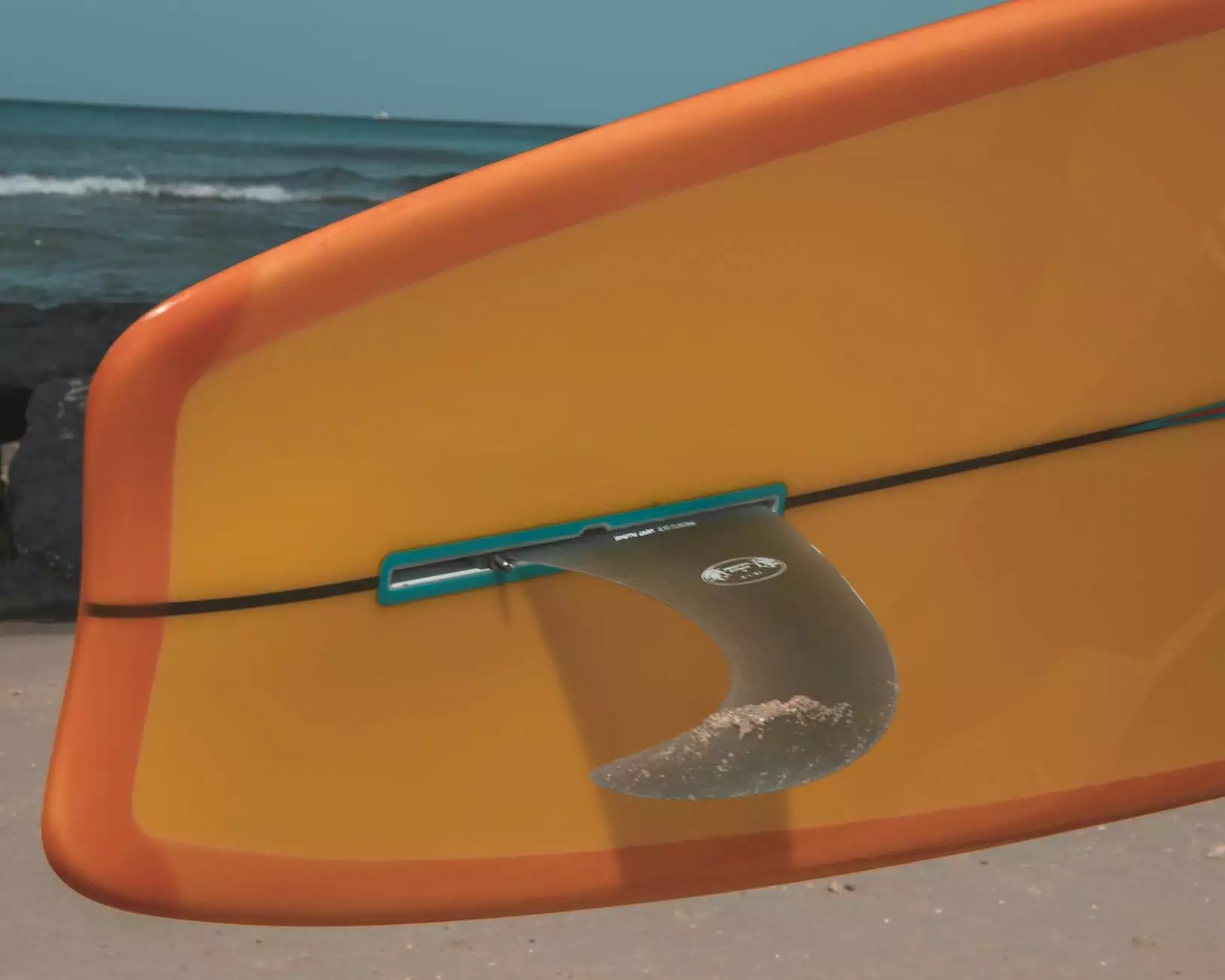The Power of Precision Injection Molds in Metal Fabrication

In today’s fast-paced industrial landscape, the significance of precision injection molds cannot be overstated. These molds are critical in advancing the efficiency, accuracy, and quality of products across various sectors. This article delves into the role of precision injection molds in the realm of metal fabrication, highlighting their applications, advantages, and the overall impact on manufacturing processes.
Understanding Precision Injection Molding
Precision injection molding is a manufacturing process that involves the injection of molten materials into a molded cavity, where they cool and solidify to create parts with high levels of accuracy and detail. This technique is widely used in various industries, including automotive, aerospace, consumer goods, and medical devices.
The Process of Precision Injection Molding
The precision injection molding process typically involves several key steps:
- Design and Prototyping: Initially, engineers create a design and prototype for the desired product using CAD software.
- Mold Creation: After finalizing the design, molds are manufactured typically from steel or aluminum, ensuring durability and precision.
- Material Selection: Appropriate materials are chosen, based on the final product requirements, including thermoplastics, thermosets, and metal alloys.
- Injection Process: The selected material is heated until molten and then injected into the pre-designed mold at high pressures.
- Cooling and Ejection: Once the material solidifies, the mold opens, and the finished product is ejected, ready for inspection and further processes.
The Importance of Precision in Injection Molding
Achieving high precision in injection molds is crucial for many reasons, particularly in the metal fabrication sector, where tolerances can be as tight as a few microns.
Quality Control
High-quality molds lead to high-quality products. Precision in the molding process ensures:
- Consistency in product dimensions, reducing waste during production.
- Improved aesthetic quality, which is essential in consumer-facing products.
- Enhanced performance and durability of the components used in critical applications.
Cost Efficiency
While initial investments in precision injection molds can be substantial, the long-term cost savings are significant:
- Minimization of materials wasted due to faulty productions.
- Reduction in labor costs associated with assembly and finishing processes.
- Increased production speed and efficiency, allowing for higher output.
Applications of Precision Injection Molds in Metal Fabrication
Precision injection molds find applications across a myriad of sectors. Here are some notable examples:
1. Automotive Industry
The automotive sector significantly benefits from precision injection molding due to the need for lightweight yet durable components:
- Engine Components: Molded parts enhance the efficiency and performance of engines.
- Body Panels: These molds enable the production of complex shapes and lightweight materials.
- Interior Parts: Precision ensures that these components fit seamlessly into designs.
2. Aerospace Sector
In aerospace, precision is paramount in ensuring safety and performance. Injection molds are used to create:
- Airframe Components: Precision injection molded parts contribute to the structural integrity of aircraft.
- Error-Free Assembly: Molds allow for parts to fit together flawlessly, which is critical for performance.
3. Consumer Electronics
The demand for high-precision parts in consumer electronics calls for adept molding techniques:
- Enclosures: Molds create sleek, stylish designs for tech devices.
- Internal Components: Ensuring proper fit and function in tightly packed assemblies.
4. Medical Devices
Medical equipment requires the highest standards of precision due to regulatory compliance and safety:
- Surgical Instruments: Precision molds create tools that are both effective and safe.
- Diagnostic Devices: Ensuring accuracy in patient care through precision-engineered components.
The Role of Technology in Precision Injection Molding
Modern technology plays a critical role in enhancing the capabilities of precision injection molds.
Computer-Aided Design (CAD) and Simulation
CAD software allows designers to create detailed models of the molds, enabling:
- Simulations of the injection process to identify potential issues before production.
- Modifications to optimize the design for better precision and efficiency.
Advanced Materials
The introduction of new materials has broadened the scope of precision injection molding, including:
- High-Performance Plastics: Materials that withstand extreme conditions without deforming.
- Metal Alloys: Injection molding with metals allows for complex geometries that were previously difficult to achieve.
Automation and Robotics
Implementing robotics into the injection molding process enhances throughput and precision:
- Robots streamline the loading and unloading of materials, reducing human error.
- Automated quality checks help maintain high standards consistently over time.
Challenges in Precision Injection Molding
While precision injection molding has numerous benefits, it is not without challenges:
1. High Initial Costs
The design and development of precision molds can be costly, necessitating careful financial planning.
2. Complex Design Requirements
As products become more intricate, designing molds that capture these details accurately can be challenging.
3. Material Limitations
Not all materials respond well to injection molding, which can limit design options.
Future Trends in Precision Injection Molding
The future of precision injection molds in metal fabrication looks promising.
1. Sustainability Efforts
Manufacturers are increasingly focusing on sustainable practices, such as:
- Using recycled materials in the molding process.
- Minimizing waste through efficient design and production techniques.
2. Smart Manufacturing
The integration of IoT and smart technology in precision injection molding is set to revolutionize the industry:
- Real-time tracking of molds and products enhances efficiency.
- Predictive maintenance of machinery reduces downtime.
3. Customization and Personalization
As consumer demands shift towards personalized products, precision injection molding processes are evolving to provide:
- Greater flexibility in production runs.
- Enhanced capabilities for creating custom shapes and sizes.
Conclusion
The impact of precision injection molds on metal fabrication is undeniable. As companies like DeepMould continue to innovate and enhance their capabilities, the benefits of precision molding will be at the forefront of industrial advancements. Whether in automotive, aerospace, medical, or consumer goods, the necessity for precision and quality will drive the evolution of molding technologies, ensuring that the future remains bright for manufacturers who harness the power of precision injection molds.








